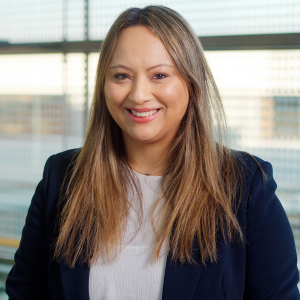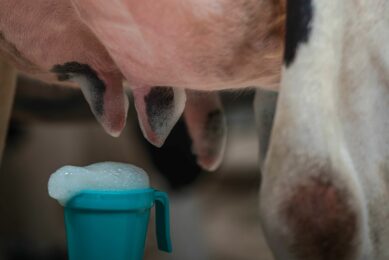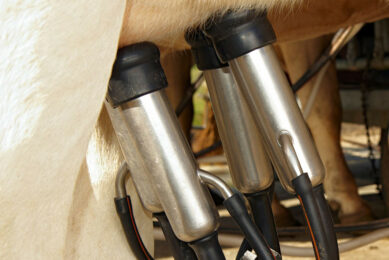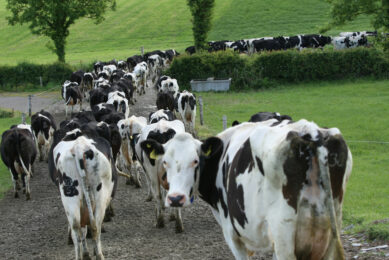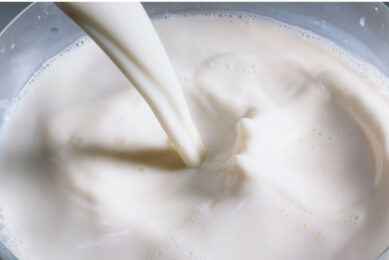Pearson Milking Technology: “Quality needs to be superior”
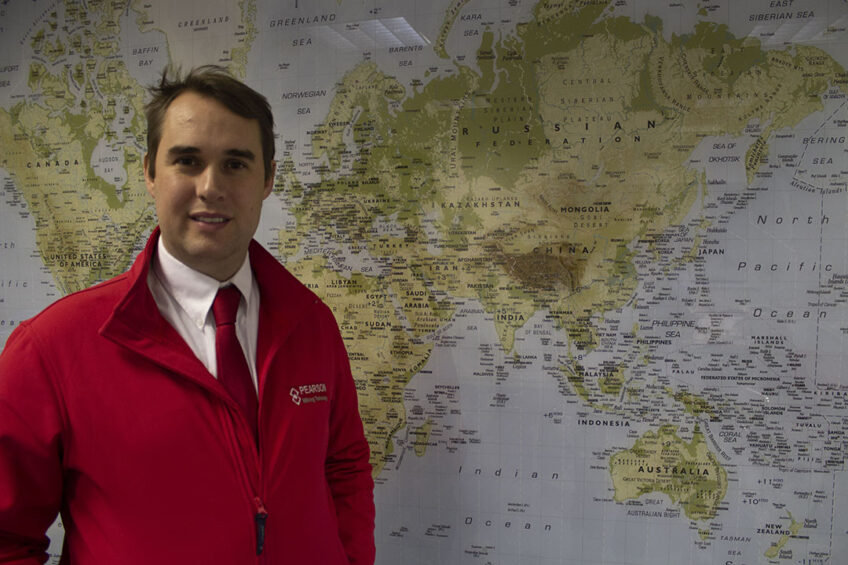
This year Pearson Milking Technology won a government contract in Bangladesh to provide Herringbone parlours to military bases to support self-sufficiency in milk production. Dairy Global caught up with the managing director of Pearson Milking Technology, Lloyd Pearson to talk about growth, exports and the company’s future plans.
Pearson Milking Technology was founded in 1948 by Eric Pearson, Lloyd Pearson’s grandfather and has been going strong for the last 71 years. The company first started with the supply of milking buckets provided to dairy farmers, today the company provides different solutions and products for all types of dairy farming. Sales of milking parlours to export markets has grown rapidly over the last six years and currently accounts for nearly 50% of the company’s total business.
The family-run business, headquartered in Athy, the Republic of Ireland, is currently in the hands of brothers David Pearson, export sales director and Lloyd Pearson, managing director. The brothers have taken over the business following the retirement of their father Alan Pearson last year. “We have taken on the reigns of the business and progress the business further to it’s full potential,” says Lloyd Pearson.

Dairy Global: Your markets include the UK, the Netherlands, Greece and Russia – how has Pearson Milking Technology achieved such growth over the years and what are the main driving factors?
Lloyd Pearson: Recently the Brexit situation has had an impact, Irish government agencies have pushed businesses to export to other markets. For us this means we are not reliant on the UK market, as the UK is a big market for us. This has given us a great push to find business opportunities elsewhere. Of course another factor is that the Irish are known for being good people to do business with!
In your opinion why is there such a growing international demand for Irish milking systems?
I think in general Irish made equipment is extremely good. We have a great engineering and technical background within the company and also with the universities in the country we have at our disposal, the future capability of Irish products is in good hands. We can solve the smallest issues that our customers have and I suppose Irish people generally work with a ‘can do’ attitude. I think once we know a product is suitable for any situation it can go anywhere and be exported anywhere in the world. Our range of our products allows us to suit any type of dairy unit. Whether it is a small family grazing farm or a large indoor unit we can supply a solution that meets the needs of all our customers. These are some of the drivers we know are behind us.
Which markets do you currently see the most growth in for Pearson – for example for milking parlours?
I see a lot of growth and expansion opportunities in South Asia markets. They are doing big investments in machinery and want to come up to European standards. A lot of the countries in South Asia have farms where milking by hand is common practice, which is quite labour intensive and like any country – they need labour but also good labour. So they want to be more machine based because sometimes good labour is scarce. Take for example the machines we placed in Bangladesh, they all have a high level of automation for collecting information on cow health and milk quality – this information is then sent back to management software. This is getting efficiency out of the farm, it is a farm management tool.

What demands do you see coming from farms?
Its more about herd sizes. Our products are spread around the world and it really comes down to the need in terms of herd size and labour. Like with some rotary parlours we have, it is a one man operation which may suit a family farm. In some countries, as I have mentioned, it’s difficult to get labour and farm workers are often employed from other countries. We have designed a software that allows an option for many different languages. Take for instance a farm in the UK, the farm manager is English speaking but there are also other nationalities working on the farm like Lithuanian and Polish and each touchpad can be tailored to their language. Our milking machines come with 14 different languages. I also see demand for technology like this.
To get back to the Bangladesh contract that you won earlier this year, how has this changed things for Pearson Milking Technology?
We are always looking to export to other markets, and we know our product is good. And its good to go further than to just stay in the European countries. In Bangladesh we provided Herringbone Parlours to 10 military farms with herd sizes ranging from 600 milk cows to 2000 milk cows. The army in Bangladesh wants to be self-sufficient with milk. We found it easy to train managers – it is great that farm managers over there speak English – it makes training easier for us, they are then able to communicate the information to the machines operators. We also now intend to expand to neighbouring countries around Bangladesh.
| Profile Lloyd Pearson is currently managing director at Pearson Milking Technology, located in Athy, Republic of Ireland. Lloyd and his brother David Pearson (export sales director) have taken over the family-run firm following the retirement of their father Alan Pearson last year. Lloyd holds a Master’s Degree in mechanical engineering. In previous years he was the production manager at the company before taking on the responsibilities as managing director last year. |
What is currently being focused on in R&D?
Well I can’t reveal too much about that! I can say a big trend we are looking at now is farm management, we are looking at different aspects of that – in terms of technology running the farm. Another important point for us is the interface between the operator and the machine, we are trying to make that quite easy so that it isn’t a big deal to operate the machine. Basically to keep it simple but still have the relevant and necessary technology to support what we want. An example of this is – we were the first to bring out the traffic light system. On our big machines and rotaries there is the traffic light system. Its based on three colours red, blue and green. If the light indicates red it may mean that the cow has had antibiotics and it is a ‘dump’ cow. The blue light is the attention light, it may mean the cow is lame and the system will alert this. Green means all is good with the cow, it has good milk and all systems can go. We were the first to bring this system out. These are the types of R&D we look at.

What main aspects do you think farmers are looking for in milking technology?
I see that farmers want more information to run the farm more efficiently. But it should be simple to work with and easy to do. Because of high feed costs across Europe – farmers want to manage the high value items as well as low of course. But the bottom line is there should be no waste, farmers want to cut waste and increase efficiency on modern dairy units.
Are there more future plans to pursue new markets?
There definitely are! There are always new places – Africa is a new market we may look at as it’s a huge market, places like South Africa and Kenya. We just started doing business in Canada, it’s a market we’ve only just starting getting a feel for. We have done work in Egypt too and have also secured orders as far as Qatar.
What makes Pearson Milking Technology stand out from the crowd?
We have a great team who have good relationships with our customer base, this is very important because we have long term customers. I would say that quality is the priority for us. I believe our equipment and machines are very good quality which comes back to being Irish and being aware that quality needs to be superior.


